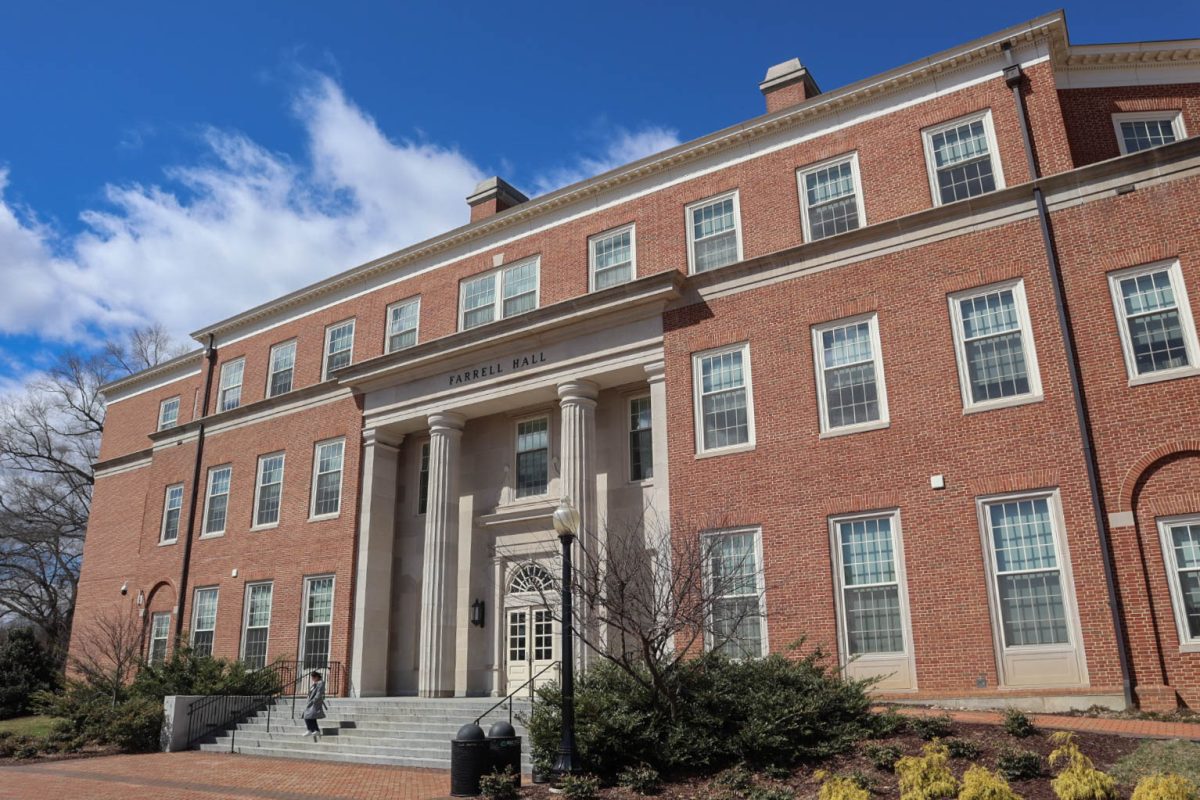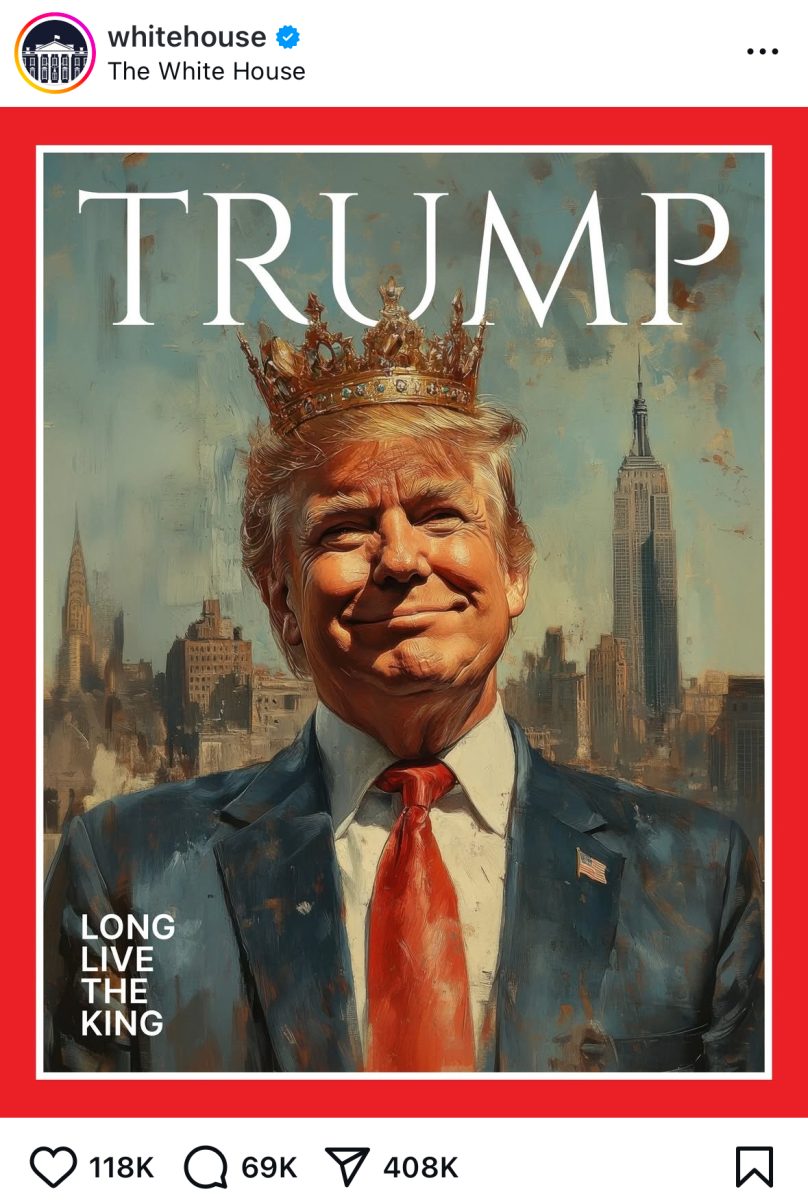Something inextricably connected to ambition in our society is the American Dream. If you ask anyone young about it, they’ll tell you about social mobility rags to riches — what we learned in our high-school curriculum. The far more intriguing question to ask them, or anyone, is what does the American Dream mean to them as an individual?
For most, it’s popular to say that the American Dream was never real, and if it was, that the cutoff was definitely somewhere in the last century.
There’s some comfort in a cynical perspective — the denial of that naïve or arrogant idea that could debase someone’s appeal or intelligence to other people. It would mean that they weren’t grounded in our reality, which has exhibited consistent privilege to exclusive groups. Others would discuss the principles of equity among all citizens, or the constraints of the United States government on rights and on the freedom to chase the American Dream — where it appears in discussion most often — but few realize that we all dream in ways such as these, just maybe subconsciously and not in dialogue. We rarely admit it in public.
The truth is that people’s ambition is often their defining characteristic. Just ask Abraham Maslow. If you need proof, the way most people introduce themselves is by saying a name and then their future career. Now, that may be a little narrow, and it may not apply to just everyone, but it’s why we’re all here at college. Students are working for their degree, and for their future.
Ambition is something inside us that is entirely determined by a leaden and seemingly infinite culture. We exist at the peak of entertainment’s exponential curve and it’s so easy to tell that you can just walk around and look to see the saturation of instantaneous diversion. People spend hours of the day looking at their phone. “Influencer” is a prestigious job title. If you’ve got a free minute, odds are that you’ll aimlessly refresh your Instagram or Twitter feed several times — it’s almost as if you’ve skipped a minute of your own life to get to the more entertaining part.
What does that mean for us? Surely we’re not hopelessly changed by such a colossal shift in human history — in the very human psyche itself? Unfortunately, we are. It’s irrefutable that we’re different now — or at least it will be once more comprehensive studies are completed and as we realize how we’ve spent our time as our lies go on. Our society is built for impatience and quick fixes, and money has always been the way to bypass waiting. As a result, our minds have been rewired for instant pleasure and our perception and internal manifestations of ambition tend to reflect that. We want the best career — something that makes a respectable amount of money.
But that’s not to say that we’re a lost cause. I’m not some boomer ranting to you about how disappointing this generation has turned out to be. I’m in this just as much as anyone else, and I realize that this isn’t our fault. We didn’t completely change the face of technology and social reality, or design some of the immutable utilitarian principles of our economy.
While our generation may be out for ourselves, we’re still fighting good battles, and that’s evident in our efforts to save the environment around us. Alternative energy production is rising across the world in many industrial sectors with $286 billion invested in alternative energy sources compared to $130 billion in fossil fuel production. Young people like Keiana Cavé — who has developed patents for carcinogen detecting technology — are crafting practical solutions to protect the natural world around us.
The question for us is what do we believe about the American Dream? How will we let it define us? Or will we? Perhaps the time is right for the nation to embrace this now quixotic notion and to make it reality. If this does happen, one thing is for certain. We won’t be the Willy Loman of last century. Ambition needs to transform into compassion and a realization of the people around us, not empty fulfillment in a sizable paycheck.

















